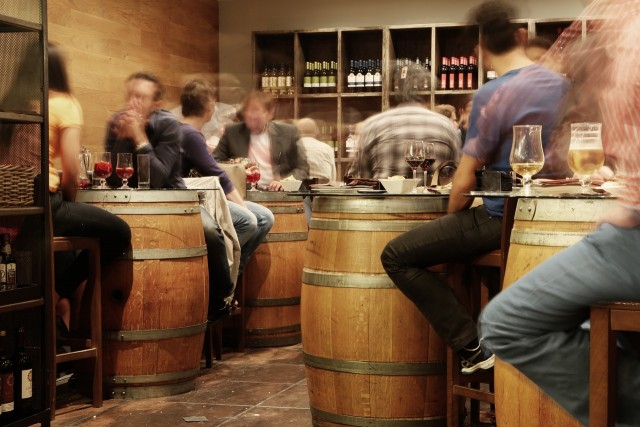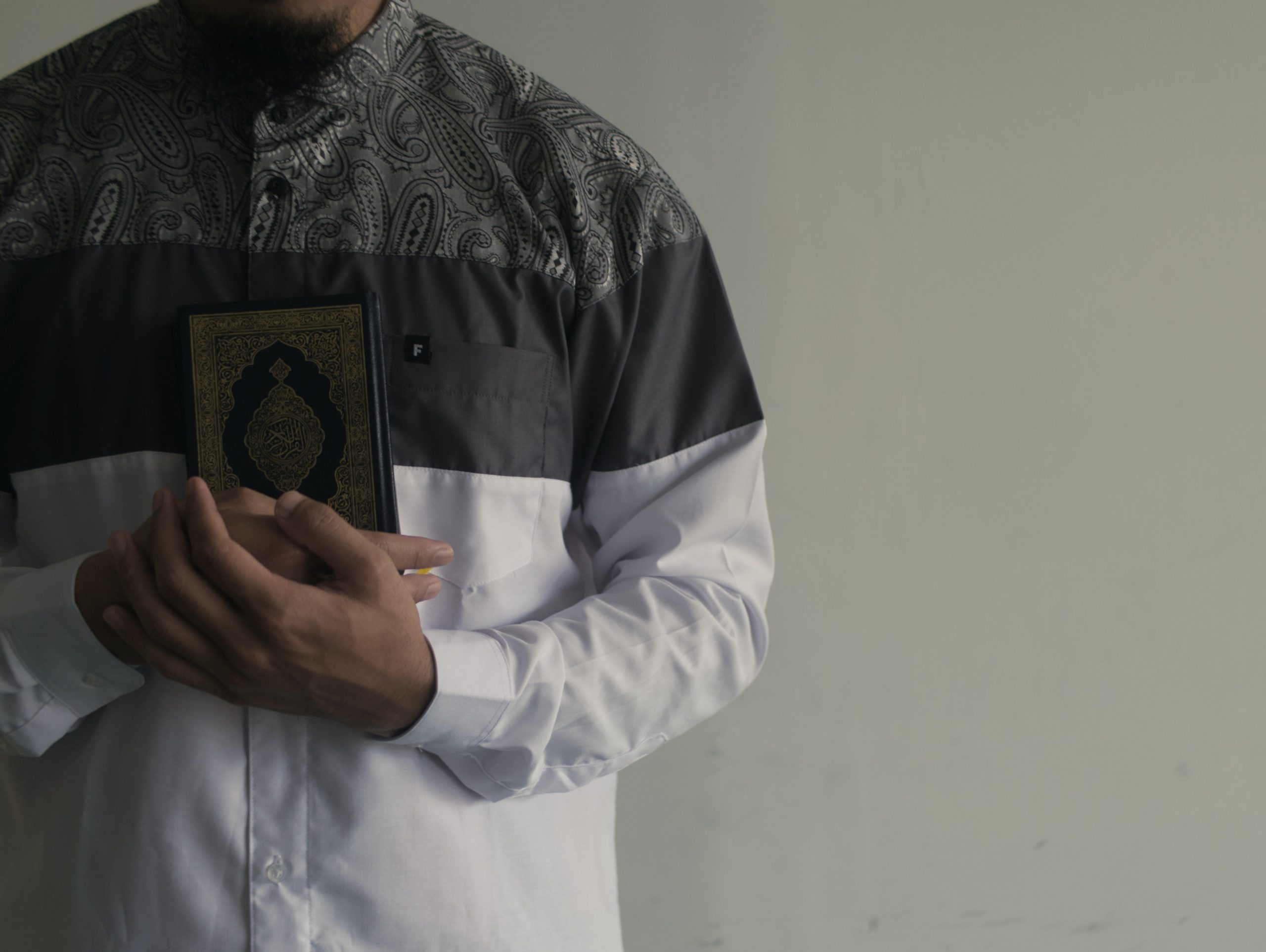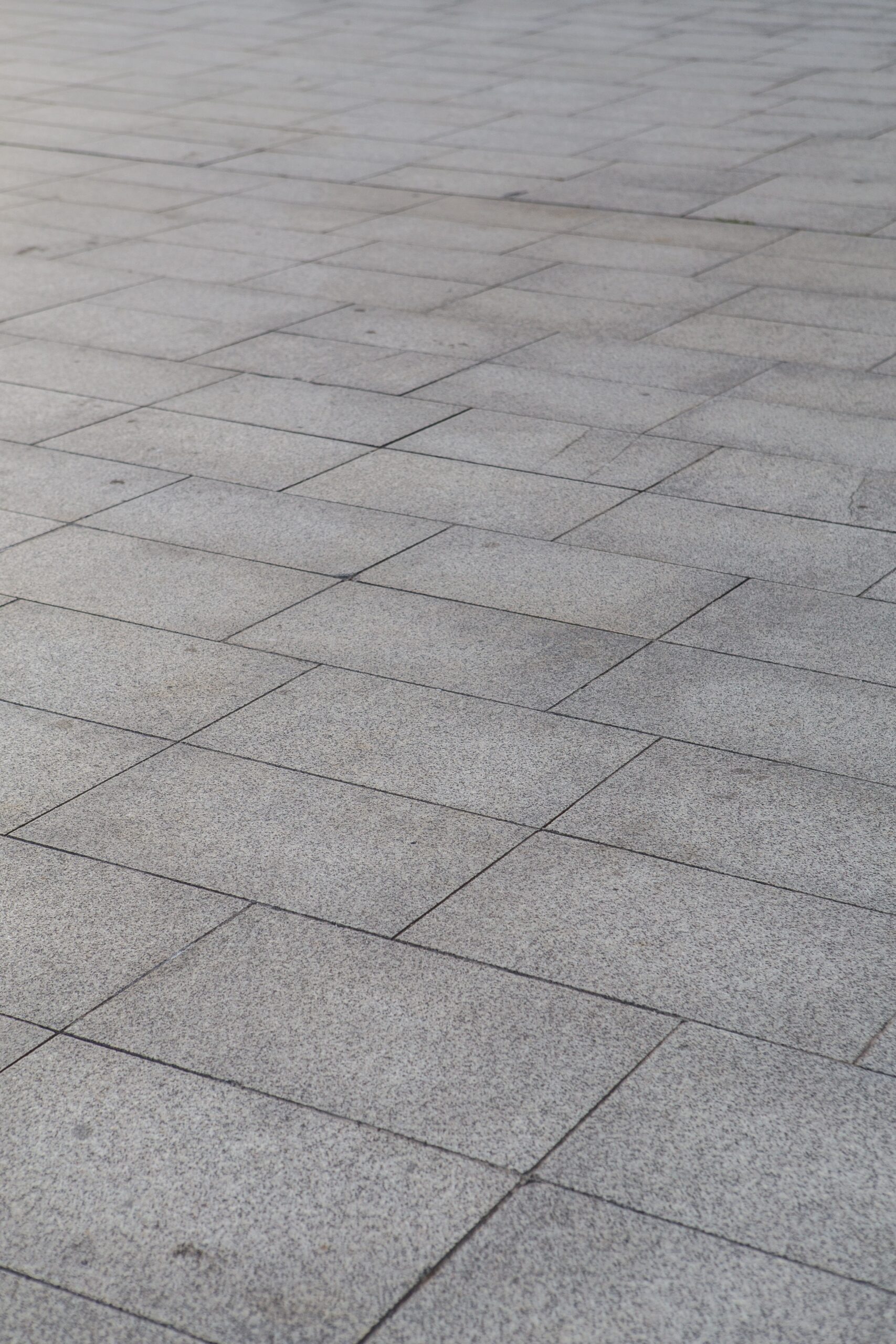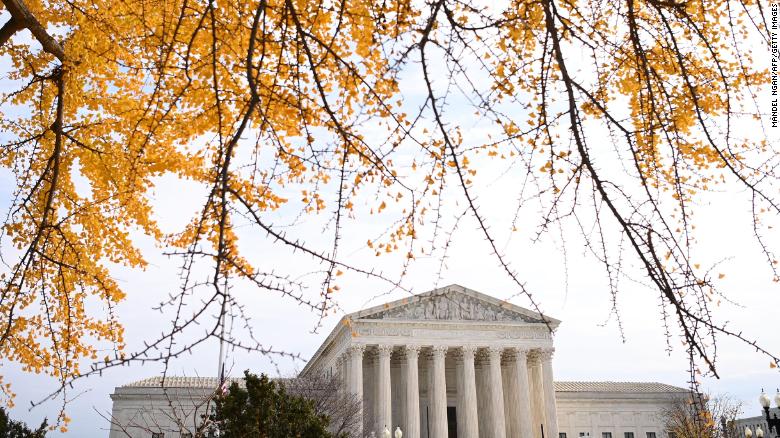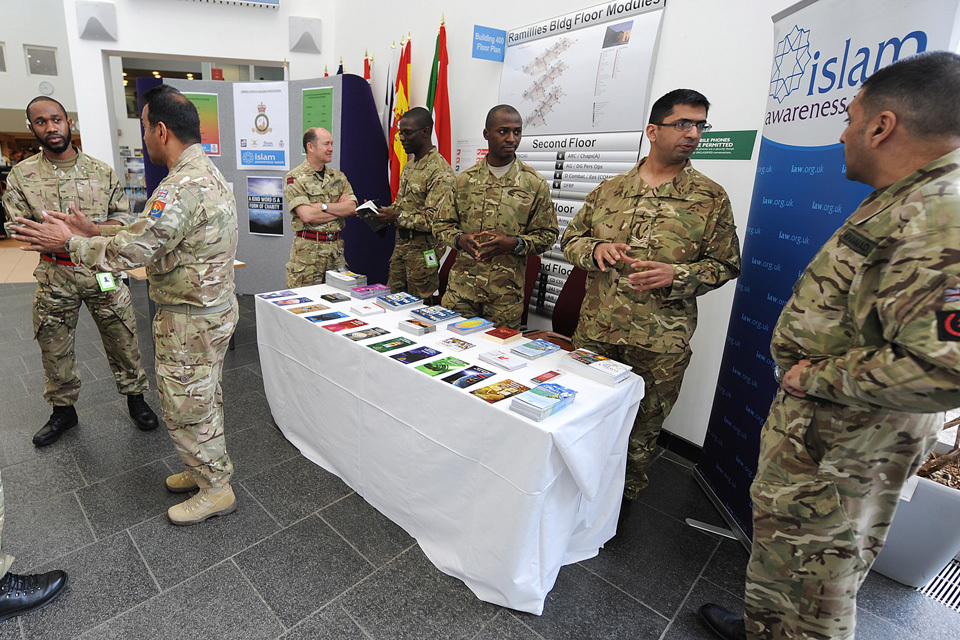While alcohol is considered prohibited by the majority of Muslims, a significant minority of Muslims do consume it. Interestingly, a number of Muslim-majority countries top the global rankings for alcohol consumption, meaning these Muslims often outdrink their Western counterparts. During Ramadan, many will willingly abstain from alcohol and writing in the Washington Post, Khaled Diab discusses his experience of alcohol and Ramadan[1].
Diab writes that he gave up Ramadan, and the faith of Islam as a whole, at the beginning of the millennium, and now he does consume alcohol during the fast. He says that most of those he’s met who do drink do view drinking as a minor sin and for this reason, they abstain from alcohol during Ramadan, even if they consider themselves to be more secular and don’t abstain from eating during the day[2].
He writes, “Weirdest of all, perhaps, is the tiny minority of Muslims who fast and then drink at night after they have broken their fast”. According to Diab, this is not as discordant as it might initially be thought to be. Debate about exactly what the Qur’ān’s passages on drinking prohibition is has been going on since the inception of Islam, and while most see that alcohol as the intoxicant, for a minority, it is the intoxication, the process of getting drunk, that is forbidden[3].
More common than the above group are Muslim drinkers who will continue to both eat and drink during Ramadan. Those in this group are not necessarily atheists or agnostics, rather they might be lapsed or vague believers who are non-practicing[4].
Diab writes, “For Ramadan drinkers, as I know from experience, finding booze can get complicated. Sure, in the United States, Europe or the Muslim countries that allow alcohol sales during Ramadan, the only obstacle is your own conscience. But in countries that normally have booze in abundance, including my native Egypt or Tunisia, where I live now, getting a drink during the fast requires foresight, planning and resourcefulness” as stores in these countries might be banned from selling alcohol[5].
Instead of abstaining, some “simply build up strategic stockpiles before Ramadan begins. This usually results in a huge pre-Ramadan surge in business for alcohol suppliers, visible in the rapidly emptying alcohol aisles at my local supermarket in Tunis”[6].
He continues, “When it comes to drinking [during] Ramadan, though, I’m lucky to be a Belgian citizen, not a Tunisian: Foreigners here are allowed to order alcoholic beverages at the few licensed restaurants and bars that stay open during the holy month, but Tunisians generally can’t. Merely looking Arab or possessing a Muslim-sounding name may lead a server to object”. Similar rules exist in Egypt, which could be considered unfair on those who live here but are of other faiths[7].
Banning alcohol, even if only for part of the year, is not unique to Muslim societies. Despite fears that “sharia law” is threatening the American way of life, the United States had a total prohibition on alcohol from 1920 to 1933. It is even still banned in an estimated ten percent of the land mass of the U.S., as prohibition still exists in some counties[8].
Diab concludes, “If it were up to me, I’d do away with all such restrictions. The state shouldn’t get to dictate to citizens how to be good Muslims. This is an individual decision for each believer and nonbeliever to make. And the temporary bans don’t distinguish between Muslims and non-Muslims, enlisting in a Muslim ritual people of other faiths … Still, I’m relieved that I live in Tunisia and not some place where alcohol is banned year-round, such as Saudi Arabia or Iran. In a couple of weeks, Tunisia will revert to its normal, laid-back self, just in time for summer. And drinkers will be able, once again, to toast each other in the open”[9].
In 2016, Dubai relaxed its restrictions on day-time alcohol sales during Ramadan, reflecting the revenue that both tourists and alcohol tax bring in for the emirate. Hotels and their associated bars are now governed by the same rules regarding alcohol which they must follow for the rest of the year, rather than having to limit the hours during which they serve it. Dubai’s Department of Tourism and Commerce Marketing said that “ensuring a superlative visitor experience consistently is at the center of our destination proposition and remains in line with Dubai’s significance as a world-class tourism destination”, while also appealing to tourists to respect Ramadan rules[10].
Despite this relaxation of the rules, its laws regarding alcohol are still very strict. Anyone transporting or consuming it must carry a government-issue liquor licence which is obtainable only after gaining their employer’s permission. Anyone found driving with a trace of alcohol in their system is subject to immediate arrest and charges, being drunk in public is a criminal offense[11].
[1] Diab, 2018.
[2] Diab, 2018.
[3] Diab, 2018.
[4] Diab, 2018.
[5] Diab, 2018.
[6] Diab, 2018.
[7] Diab, 2018.
[8] Diab, 2018.
[9] Diab, 2018.
[10] Gambrell, 2016.
[11] Gambrell, 2016.
Sources
Diab, K. (2018) ‘A secular Muslim’s guide to drinking alcohol during Ramadan’. [online] 31 May. https://www.washingtonpost.com/gdpr-consent/?destination=%2foutlook%2fa-secular-muslims-guide-to-drinking-alcohol-during-ramadan%2f2018%2f05%2f31%2f5b2fdf80-6449-11e8-a69c- b944de66d9e7_story.html%3futm_term%3d.8c4594db1b2c&utm_term=.435cc76e576f. [Accessed 7 June 2018].
Gambrell, J. (2016) ‘Dubai relaxed strict Ramadan alcohol laws to allow daytime sales’. [online] 23 June. https://www.independent.co.uk/news/world/middle-east/ramadan-2016-dubai-alcohol-laws-fasting-alcoholic-drinks-daytime-ban-a7097061.html. [Accessed 7 June 2018].

